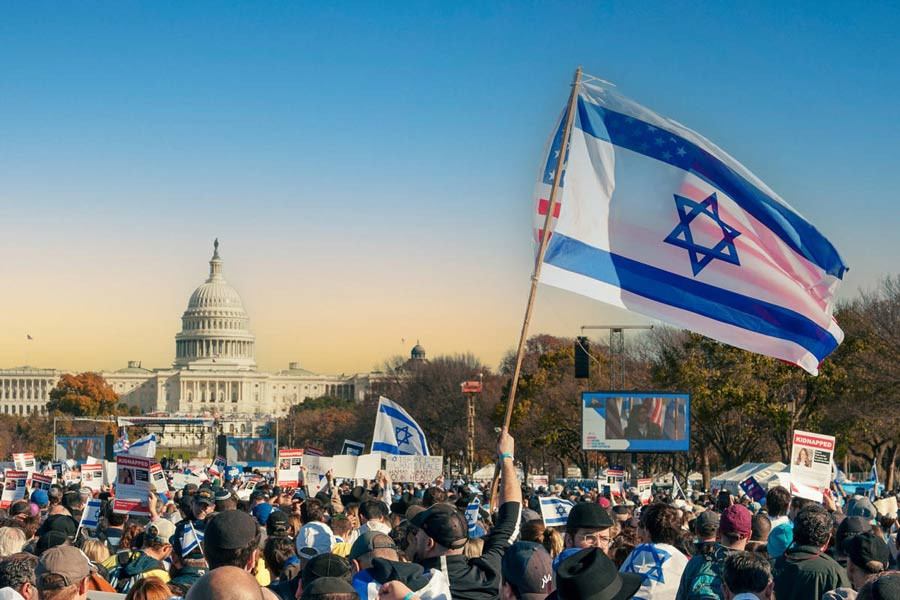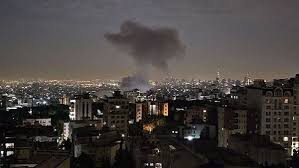Unraveling the Historical Tapestry of the Israel-Palestine Conflict

IIE Digital Desk:Few conflicts are as deeply entwined in history, religion, and territorial disputes as the Israel-Palestine conflict. A narrative woven over decades, the roots of this enduring discord stretch back to the late 19th and early 20th centuries, shaped by pivotal events that have left an indelible mark on the Middle East.
In the late 19th century, against the backdrop of rising anti-Semitism in Europe, the Zionist movement emerged with a vision to establish a national homeland for the Jewish people. The movement gained momentum, finding resonance in the aftermath of the Dreyfus Affair in France.
The Balfour Declaration of 1917 marked a pivotal moment during World War I when the British government expressed support for a "national home for the Jewish people" in Palestine. The collapse of the Ottoman Empire paved the way for the British Mandate over Palestine from 1920 to 1948, during which Jewish immigration heightened tensions with the Arab population.
The United Nations' proposal for the partition of Palestine in 1947 aimed to create separate Jewish and Arab states, with Jerusalem as an international city. While Jewish leaders embraced the plan, Arab leaders vehemently opposed it, setting the stage for increased hostilities.
On May 14, 1948, David Ben-Gurion declared the establishment of the State of Israel, triggering the Arab-Israeli War as neighboring Arab states and Palestinian militias contested the declaration. The conflict resulted in armistice agreements in 1949, defining the borders along the Green Line.
The Six-Day War of 1967 saw heightened tensions culminate in Israeli victories, bringing the West Bank, East Jerusalem, the Gaza Strip, and the Golan Heights under Israeli control. Attempts at peace in the 1990s, notably the Oslo Accords, aimed to establish a framework for resolution, leading to the creation of the Palestinian Authority.
The turn of the century witnessed the Second Intifada (2000-2005) following the breakdown of peace talks, marked by Palestinian uprisings and Israeli military responses. Despite various peace initiatives and negotiations, the Israel-Palestine conflict endures, with ongoing disputes over land, settlements, refugees, and the status of Jerusalem.
As we navigate through the historical layers of this complex conflict, it is evident that addressing its multifaceted nature requires a nuanced approach and a commitment to understanding the diverse perspectives that contribute to this enduring geopolitical challenge. The tapestry of the Israel-Palestine conflict continues to unfold, demanding thoughtful consideration and diplomatic efforts to weave a path towards lasting peace in the region.
You might also like!















